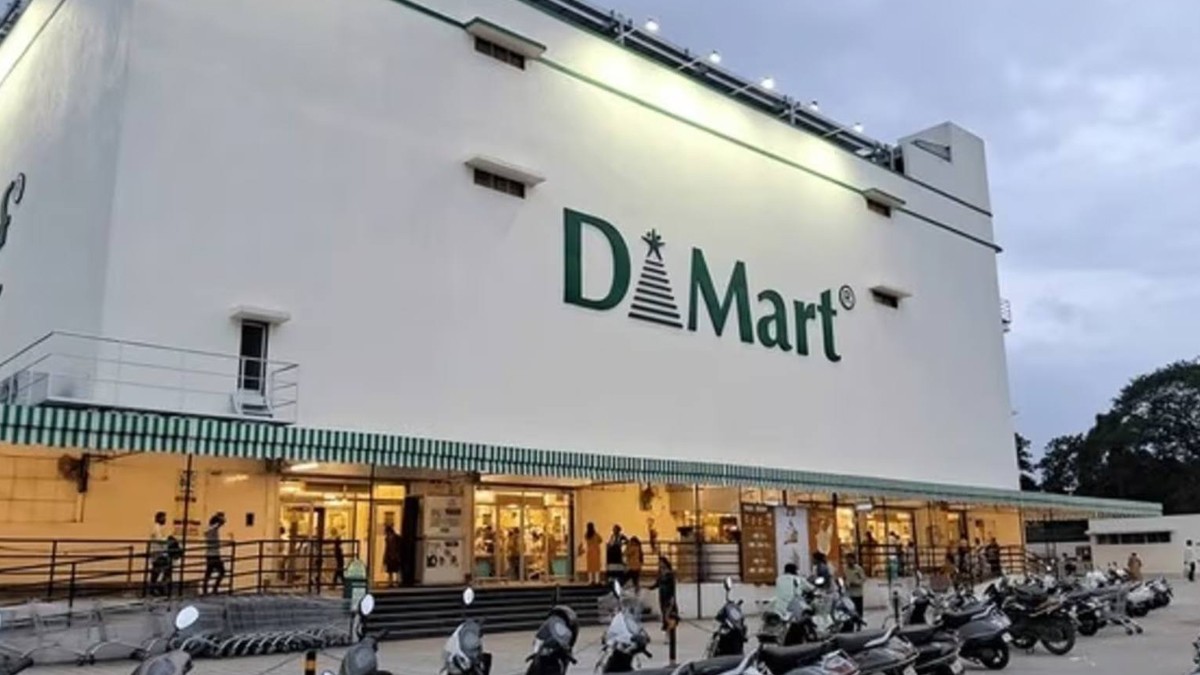
D-Mart, one of India's leading retail chains, has become synonymous with affordable pricing. The secret behind their ability to sell products at such low costs lies in several strategic practices:
Everyday Low-Cost Strategy: D-Mart adheres to an "Everyday Low Cost - Everyday Low Price" policy. They position themselves as the lowest-price retailer, drawing a large customer base and increasing overall sales volume.
Bulk Purchasing Power: By negotiating bulk purchases directly from manufacturers and suppliers, D-Mart secures products at lower rates. These cost savings are then passed on to customers, allowing D-Mart to offer highly competitive prices.
Efficient Store Design: D-Mart focuses on a simple and functional store layout, minimizing expenses on fancy interiors or decorations. This helps reduce operational costs, enabling the company to offer better prices to its customers.
High Inventory Turnover: D-Mart ensures that inventory moves quickly, reducing storage costs and keeping shelves stocked with fresh products. This high turnover rate helps maintain low prices while ensuring product availability.
Slotting Fees: Manufacturers often pay a fee to place their products on D-Mart's shelves, with higher fees for prime shelf space. This additional revenue stream helps offset costs and keep product prices low for customers.
By implementing these strategies, D-Mart has managed to maintain low prices while achieving profitability. This approach has made it a preferred shopping destination for budget-conscious consumers.
